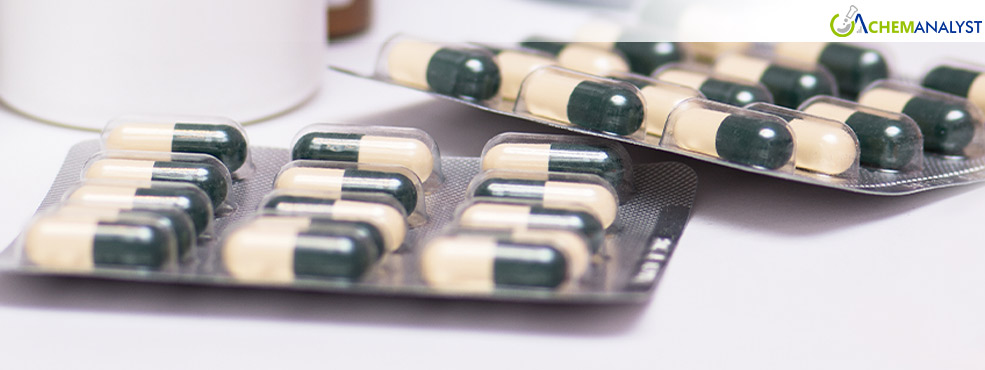Welcome To ChemAnalyst

The global prices of levodopa, key pharmaceutical compounds used to treat Parkinson's disease, likely to decrease and continue to the bearish trend observed in the previous month. The dynamics of the market point to the combination of weakening demand from the healthcare and pharmaceutical industry along with the surplus in supply. Since stocks remain high, manufacturers and traders are likely to reduce prices to interpret excess stocks, maintaining the overall pessimistic sentiment on the market.
China and India, two of the largest API (active pharmaceutical ingredients) manufacturers, such as levodopa, are likely to feel the effects of this surplus. However, the introduction of tariffs, especially the United States, is expected to worsen the situation. The US administration announced plans to implement significant tariffs on pharmaceutical imports, including those from China and India, in a wider strategy that will bring more production back to the US, this step is expected to have a direct impact on levodopa prices around the world.
For China, the dominant supplier of levodopa, the proposed tariffs from the US are likely to disrupt the price dynamics. Although China historically benefits from lower production costs, increased tariffs will reduce the competitiveness of Chinese exports. As U.S. drugmakers seek alternatives, such as sourcing from other regions, the increased cost burden on Chinese exports could push Chinese manufacturers to reduce their prices to remain competitive, reducing the price of levodopa.
India, another chief producer of levodopa, is also susceptible to a tariff threat. Indian pharmaceutical exports to the US represented $ 8.7 billion in FY 2024, which represents a large part of its pharmaceutical trade. Increasing the tariff of Indian pharmaceutical imports would probably improve margins for Indian producers of levodopa. In response, these manufacturers can reduce their prices to maintain market share, leading to a reduction in levodopa prices.
In Germany, which relies on imported pharmaceutical products, including levodopa, prices from key manufacturers are likely to lead to lower cost of procurement, allowing German distributors and health care providers to pass on these savings.
In the US, by the changing trade dynamics, buyers might postpone their levodopa purchases to look for changes in prices that could be influenced by the newly imposed tariffs. This could lead to a temporary slowdown in demand, as the US buyers are trying to assess the market before committing imports at higher costs.
Looking forward, the levodopa market is anticipated to be under downward pressure for the next coming months. The prolonged supply surplus, along with decreased demand from downstream healthcare sectors, is expected to maintain prices on a downtrend. High stocking levels will encourage producers and traders to reduce their prices to sell off too large inventories, which will further add to the bearish mood.
We use cookies to deliver the best possible experience on our website. To learn more, visit our Privacy Policy. By continuing to use this site or by closing this box, you consent to our use of cookies. More info.
